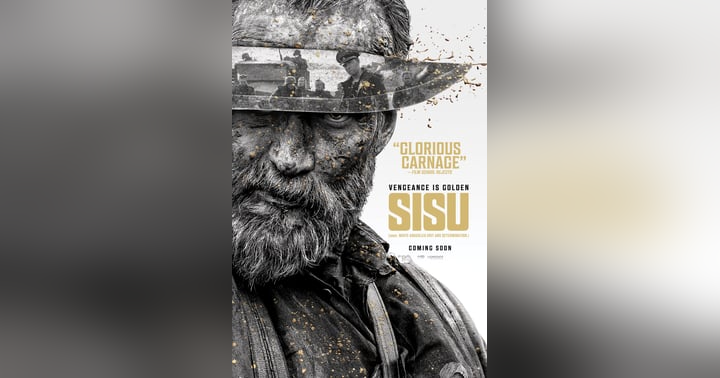The Wages of Fear

I get it, I do – black and white films based on books you have never read from some foreign writer in a country 50 years ago are not going to be the top of the list when deciding on what to watch next, but hear me out, I want to convince you that they should be at least in the conversation.
I accept it is easier to re-watch your favourite superhero movie, return to your guilty pleasure (Armageddon, yes, I even sing along to Aerosmith) or a just channel surf and watch trailers all night, saying nah not that one.
Black and white films don’t get second chances, they're already up against colour, CGI, Christopher Nolan films, modern language, 3d and recognisable actors so, if they don’t come in strong, any viewers eyes can glaze over before they have really begun, and you risk your viewing partners nose turning up and away promising to never let you choose again.
But do a little research, dig into the archives and look beyond the first impression and you’ll find that many of these films not only paved the way for some of the more modern films you have seen but that they do it way way better.
Wages of Fear is a good place to start if you want to leave the comfort of modern blockbuster hype and test your own old film oversight.
A 1953 French film based on a book by Georges Arnaud, French writer, investigative journalist and political activist Wages Of Fear is an explosive suspenseful action thriller easily overlooked.
The story unfolds in some South American town in the arse end of nowhere. The poor, the lost, the tough, the weak and the losers are all looking for a way out. No work, no money and no hope of getting out, desperate men line up to take on a desperate mission to change their fortunes. The American Oil company, providing just about the only employment in town, need to deliver tons of high explosive unstable nitro-glycerine through a winding, treacherous road of bumpy jungle, sheer drops, tight turns and falling rocks. It’s not going to be one of their own company men, so they turn to offer the job to the expendable deadbeats littering the town, whose eyes light up with promise of enough money to build a better future away from this heat, dust, dirt and one pub town. Four men are chosen and by this time, thanks to an hour or so of character development, we know about the French playboy Mario, posing with a fag on his lips at all times, fellow Frenchman Jo who rocks into town on the last plane trying to look rich, and a little about Mario’s hard working roommate Luigi, an Italian with lung problems who looks like Super Mario, and Bimba a German who might be a hiding Nazi or revolutionary. In a last desperate attempt to help control the fire in the oil fields some few hundred kilometres away these men will be heading off with time against them, in two poorly designed trucks, 30 minutes apart, so they do not blow each other up, for the life changing sum of $2000 each.
Director Henri-Georges Clouzot builds some beautifully suspenseful scenes including an early ‘Speed’ scene where one truck cannot fall below 40mph. Clouzot also doesn’t shy away from displaying the nature of desperate men fearing death as they negotiate the ticking clock, hairpin bends and boulders blocking the bumpy track, every challenge delivering more physical and mental blows as the nitro waits to end it all, like an executioner whose arms grow tired of holding a heavy axe above their head. The high pressure builds and proves not all black and white films are full of singing, dancing and romantic happy endings. Wages of Fear is a gritty film, made by a director who seems not to choose to see the best in all people. Clever camera shots help you feel the heat, smell and death of the town and might even get you asking what you might consider doing if caught up there. Somehow, despite yourself, you may find yourself rooting for these (mainly) unlikeable and desperate characters as they try to take on the impossible, trust each other, hold their nerve and attempt to pass each nail-biting challenge to get the job done. The language chops from French to Spanish, Italian to English and German so on top of black and white you got subtitles - but stick with it - this 1954 Palme d’Or winner was a big critical and commercial hit back in the day and despite being over budget was a financial success. For me, Wages of Fear stands up to the test of time and might be the film that can help some see black and white films in another light.















